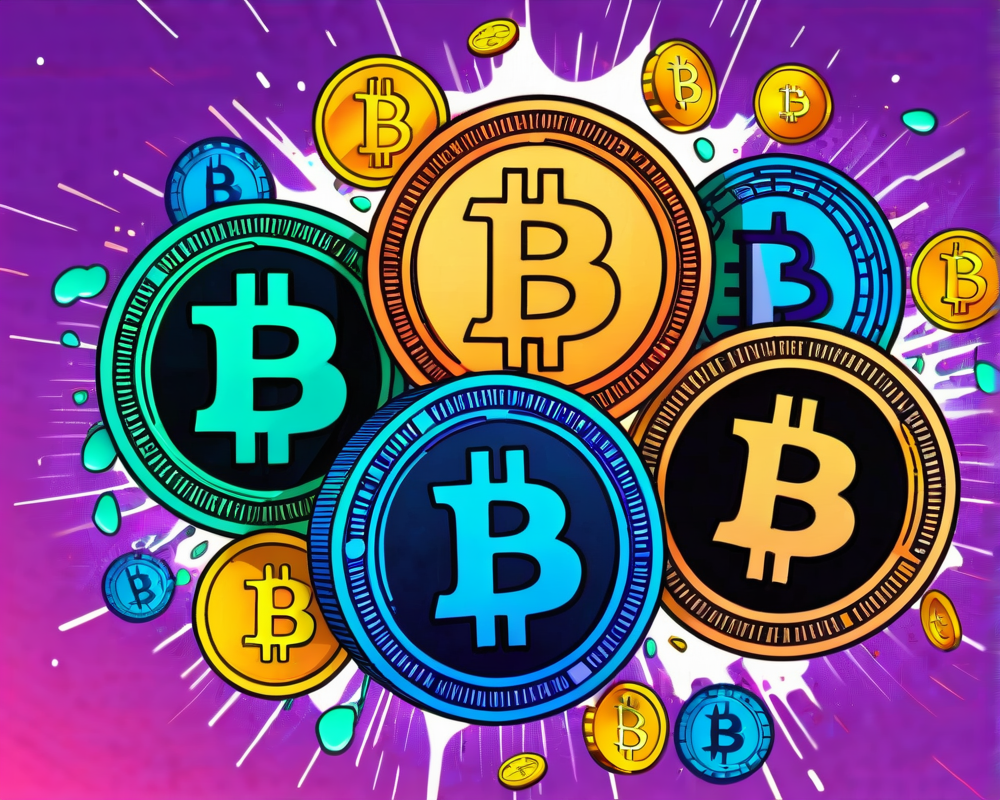The Great Money Debate
Since cryptocurrencies burst onto the scene, the burning question remains: “Is cryptocurrency real money?” It seems discussions around this topic have more twists than a multiverse superhero flick. From regular folks to hedge fund managers, everyone seems to have an opinion, often resulting in more heated debates than a Thanksgiving dinner gone wrong.
Defining Money: What Are We Even Talking About?
Before diving headfirst into the crypto rabbit hole, let’s lay down a foundation. Money, in the simplest of terms, is anything generally accepted as a medium for goods and services. Think of it as the glittering gold star of economic exchanges.
A Brief History of Money
Money made our lives easier by transitioning us from the cumbersome barter system. Can you imagine dragging livestock to buy a loaf of bread? No, thank you! The invention of money was like the internet for our ancestors—total game changer.
- Medium of Exchange: Swapping livestock for loaves leads to quite the headache.
- Portability: Ever tried moving a goat across town? Not fun.
- Unit of Account: Ever wonder why one dollar has the same value as another? Thank money!
Cryptocurrency: The New Kid on the Block
Now that we’ve established what money is, let’s talk cryptocurrency. Bitcoin, Ethereum, and others are shaking things up, and yes, they bring along the promise of decentralization. Gone are the days of middlemen taking their cut while you scratch your head. Cryptocurrencies aim to keep your transactions as smooth as butter on a hot skillet.
The Appeal of Crypto
The intriguing appeal of cryptocurrency is all about control and security. Picture this: you, wallet in hand, but instead of cash, you’ve got a bunch of numbers on a screen that you control, and banks are nowhere to be seen.
Criteria of Money: The Good, the Bad, and the Cryptocurrency
Now, let’s compare cryptocurrency with traditional money against established criteria: medium of exchange, portability, durability, and the ever-elusive store of value.
Medium of Exchange
Cryptocurrency can serve as a medium of exchange just as easily as traditional money. Some shops even prefer digital coins, especially in the aftermath of the Silk Road saga, where discretion often ruled the day.
Portability
Here, cryptocurrency takes the golden trophy. With a simple QR code scan, you can send funds without needing to wrestle with a stack of cash. No airport security searches needed here!
Durability
Let’s face it. Physical money can wear and tear while your virtual coins stay pristine. As long as the internet holds up, your crypto isn’t going anywhere.
Store of Value
This is the make-or-break criterion. Gold has been the king of value storage for ages, but cryptocurrencies are vying to earn their stripes. The question is: can they hold their value long enough to outlast a post-apocalyptic scenario or even just your average gas price hike?
Final Thoughts: So, Is It Real Money?
To wrap it all up like a present on Christmas morning, the answer is subjective. If you see value in the digital realm and trust that all people around you will continue to do the same, crypto has every right to parade around as a form of money. It may not have the shiny gold backing, but it stands its ground as a reasonable alternative in an increasingly cashless world.
So, how do you see it? Is cryptocurrency your new wallet friend, or do you stick to the good ol’ paper bills?




